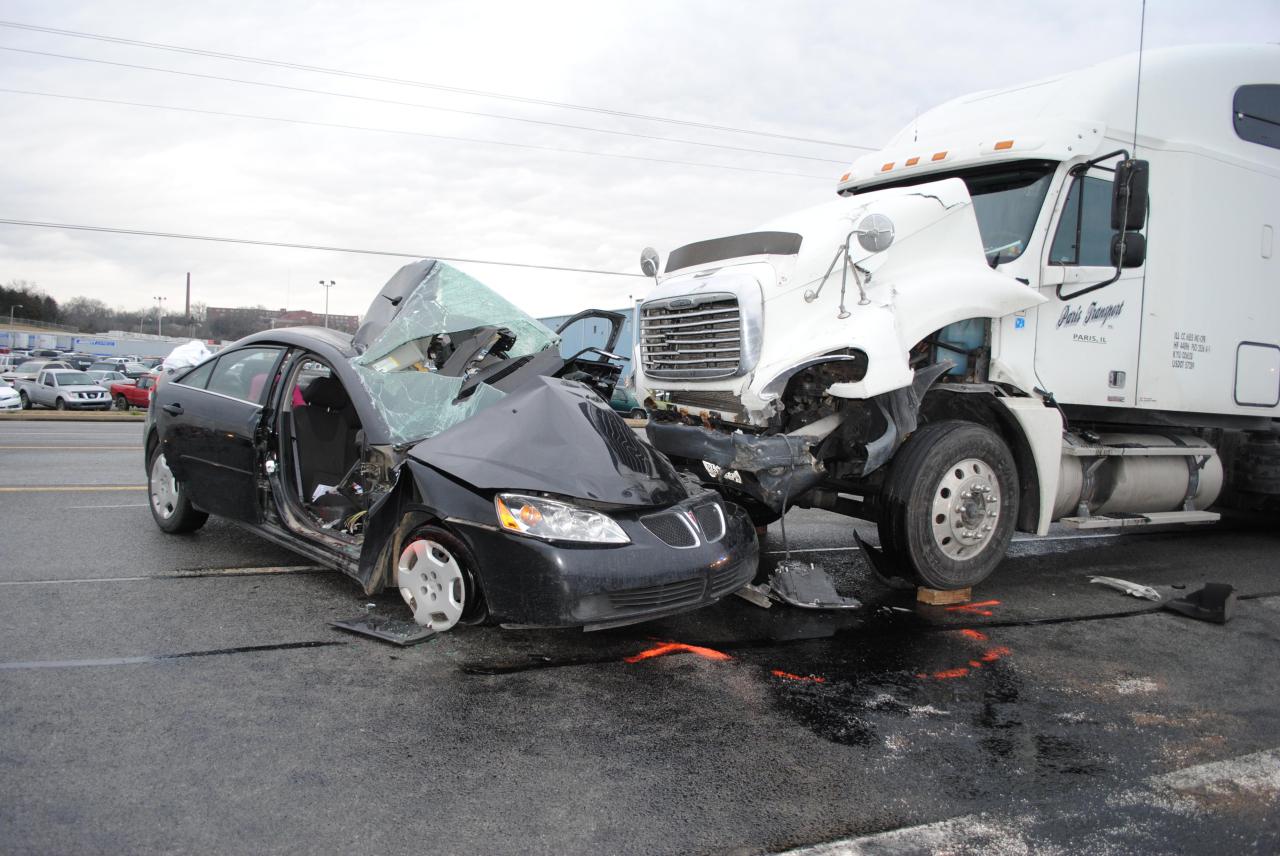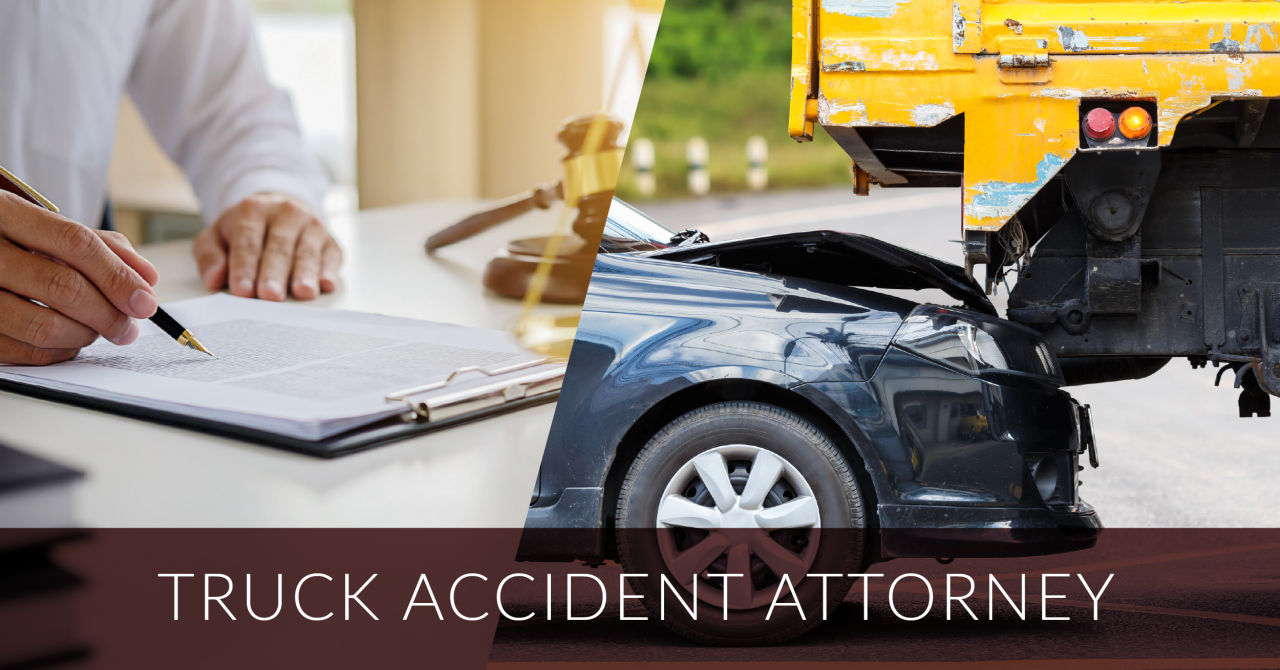
Definition and Overview
Trucking accidents involve large commercial vehicles, such as semi-trucks, tractor-trailers, and 18-wheelers, and can have severe consequences due to their size and weight. These accidents often result in catastrophic injuries or fatalities, posing unique legal challenges for victims and their families.
Statistics show that trucking accidents account for a significant portion of road fatalities in the United States. According to the National Highway Traffic Safety Administration (NHTSA), in 2020, there were over 4,000 fatal crashes involving large trucks, resulting in over 5,000 deaths.
Unique Challenges
Victims of trucking accidents face several unique challenges, including:
- Complex Liability Issues: Determining liability in trucking accidents can be complex, as multiple parties may be involved, including the truck driver, trucking company, vehicle manufacturer, and cargo shipper.
- Catastrophic Injuries: The sheer size and weight of commercial trucks often lead to severe injuries, such as traumatic brain injuries, spinal cord injuries, and amputations.
- Extensive Property Damage: Trucking accidents can cause significant property damage to vehicles and infrastructure, resulting in substantial financial losses for victims.
- Insurance Coverage Disputes: Trucking companies often carry high insurance coverage, but disputes over coverage and liability can arise, delaying compensation for victims.
Legal Considerations
When a trucking accident occurs, it’s crucial to understand the legal framework that governs these cases. Various legal doctrines and principles come into play, shaping the rights and responsibilities of the parties involved.
Negligence and liability are central concepts in trucking accident litigation. Negligence refers to the failure to exercise reasonable care, while liability is the legal obligation to compensate for damages caused by negligence. In trucking accidents, liability can be established by proving that the driver or trucking company breached their duty of care, causing the accident and resulting injuries or damages.
Defenses Available to Trucking Companies
Trucking companies may assert various defenses to avoid liability in accident cases. Common defenses include:
- Contributory negligence: Arguing that the victim’s own negligence contributed to the accident.
- Assumption of risk: Maintaining that the victim knowingly assumed the risks associated with riding in a truck.
- Unavoidable accident: Claiming that the accident was caused by an unforeseeable and unavoidable event.
- Act of God: Attributing the accident to an act of nature or other force outside of human control.
Types of Injuries
Trucking accidents can result in a wide range of injuries, from minor cuts and bruises to catastrophic and life-threatening conditions. The severity of injuries depends on several factors, including the force of impact, the type of collision, and the individual’s health and age.
Common types of injuries sustained in trucking accidents include:
- Head and brain injuries, such as concussions, traumatic brain injuries (TBIs), and skull fractures
- Neck and back injuries, such as whiplash, herniated discs, and spinal cord injuries
- Chest and abdominal injuries, such as broken ribs, internal bleeding, and organ damage
- Limb injuries, such as fractures, dislocations, and amputations
- Burns and lacerations
These injuries can have significant long-term effects on victims’ lives. They may experience chronic pain, disability, and reduced quality of life. Many victims require extensive medical care, including surgery, rehabilitation, and long-term therapy. The financial and emotional costs of these injuries can be overwhelming for victims and their families.
Head and Brain Injuries
Head and brain injuries are among the most serious injuries sustained in trucking accidents. These injuries can range from mild concussions to severe traumatic brain injuries (TBIs). Symptoms of head and brain injuries can include:
- Loss of consciousness
- Confusion and disorientation
- Headache
- Nausea and vomiting
- Dizziness
- Vision problems
- Memory loss
TBIs can have devastating long-term effects, including cognitive impairment, personality changes, and physical disabilities. Victims of TBIs may require extensive rehabilitation and lifelong care.
Financial Damages

In trucking accident cases, victims can seek compensation for various financial losses resulting from the accident. These damages aim to restore the victim to their pre-accident financial position and cover expenses incurred due to the accident.
Financial damages fall into two primary categories: economic and non-economic damages.
Economic Damages
Economic damages are quantifiable monetary losses that can be calculated based on actual expenses and lost income. These damages include:
- Medical expenses: Costs associated with medical treatment, including hospital stays, doctor visits, surgeries, rehabilitation, and medications.
- Lost wages: Income lost due to the victim’s inability to work or work at the same capacity as before the accident.
- Property damage: Compensation for damage or loss of personal property, such as the vehicle involved in the accident.
- Other expenses: Reimbursement for out-of-pocket expenses related to the accident, such as transportation costs, home modifications, and childcare expenses.
Non-Economic Damages
Non-economic damages are subjective losses that are not easily quantifiable. They aim to compensate victims for the pain, suffering, and emotional distress caused by the accident. These damages include:
- Pain and suffering: Compensation for the physical and emotional pain and suffering endured by the victim.
- Emotional distress: Damages for anxiety, depression, fear, and other emotional consequences of the accident.
- Loss of enjoyment of life: Compensation for the victim’s inability to engage in activities they once enjoyed due to the accident.
- Loss of consortium: Damages awarded to the victim’s spouse or family members for the loss of companionship and support.
Insurance Coverage
When a trucking accident occurs, insurance coverage plays a critical role in determining the financial compensation available to victims. Trucking companies are required to carry various types of insurance to protect themselves and the public from financial liability in the event of an accident.
The primary types of insurance coverage available to trucking companies include:
- Liability insurance: Covers the legal liability of the trucking company for injuries or damages caused to others in an accident.
- Collision insurance: Covers damage to the trucking company’s own vehicles in an accident.
- Cargo insurance: Covers the value of the goods being transported in the event of damage or loss.
Each type of insurance policy has its own limits and exclusions. Liability insurance, for example, typically has a maximum coverage limit, and it may not cover certain types of damages, such as punitive damages.
If you are involved in a trucking accident, it is important to understand the insurance coverage available to the trucking company. This information can help you determine the amount of compensation you may be entitled to receive.
Filing an Insurance Claim
To file an insurance claim after a trucking accident, you should follow these steps:
- Contact the insurance company: Report the accident to the trucking company’s insurance company as soon as possible.
- Gather evidence: Collect evidence to support your claim, such as photos of the accident scene, police reports, and medical records.
- File a claim: Submit a written claim to the insurance company, including all of the evidence you have gathered.
- Negotiate a settlement: Once the insurance company has reviewed your claim, they will make an offer to settle. You can negotiate with the insurance company to try to reach a fair settlement.
Legal Representation

In the aftermath of a trucking accident, securing legal representation is paramount to safeguard your rights and maximize compensation. An experienced lawyer specializing in trucking accidents possesses the knowledge and resources to navigate the complex legal landscape and ensure your best interests are protected.
Role of a Lawyer
An attorney plays a crucial role in trucking accident cases, including:
– Investigating the accident: They gather evidence, interview witnesses, and reconstruct the incident to determine fault and liability.
– Negotiating with insurance companies: Lawyers negotiate with insurance companies on your behalf to secure fair and just settlements.
– Representing clients in court: If a settlement cannot be reached, your lawyer will represent you in court to present your case and seek appropriate damages.
Finding the Right Lawyer
Choosing the right lawyer is essential. Consider the following tips:
– Experience and specialization: Look for an attorney with a proven track record of handling trucking accident cases.
– Reputation and references: Check online reviews and ask for referrals from previous clients.
– Communication and transparency: Ensure the lawyer you choose communicates effectively and keeps you informed throughout the process.
Case Studies

Analyzing successful trucking accident cases provides valuable insights into the strategies and tactics employed by attorneys to achieve favorable outcomes. These case studies highlight the key factors that contribute to the success of these cases.
Successful Strategies and Tactics
Successful attorneys in trucking accident cases often employ the following strategies:
- Thorough investigation and evidence gathering
- Aggressive negotiation with insurance companies
- Strong legal arguments and persuasive presentations
li>Collaboration with experts and medical professionals
Factors Contributing to Success
The success of trucking accident cases is often influenced by several factors, including:
- The severity of the injuries
- The negligence of the trucking company or driver
- The availability of evidence and witnesses
- The skill and experience of the attorney





